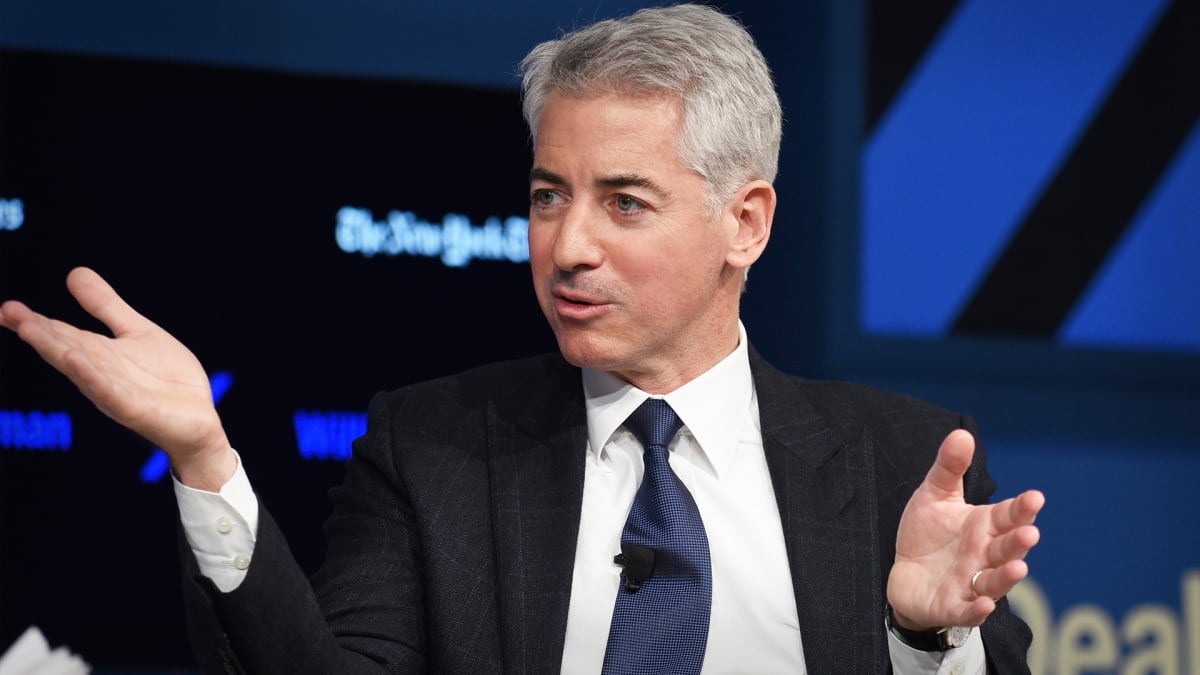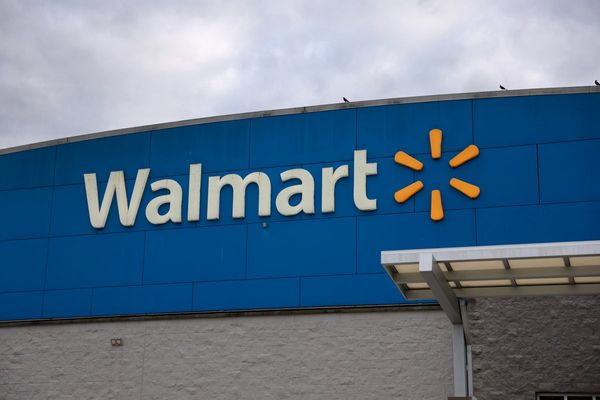
U.S. regulators pulled out the bazooka on Mar. 12 to avoid contagion from the collapse of Silicon Valley Bank.
The Treasury Department, the FDIC and the Federal Reserve announced that all depositors of the failed Californian bank will receive their money in full on Mar 13.
In addition, the Fed has stated that it is creating a new Bank Term Funding Program (BTFP), whose purpose will be to safeguard institutions impacted by the collapse of SVB.
This facility will provide loans, of up to one year in length, to banks, savings associations, credit unions, and other eligible depository institutions, pledging U.S. Treasuries, agency debt, mortgage-backed securities and other qualifying assets as collateral, the Fed said in a separate statement.
These assets will be valued at par, which means at their original value, regardless of the change in interest rates, the rise of which in recent months has reduced the value of long-term bonds purchased when rates were low.
'More Banks Will likely Fail Despite the Intervention'
In summary, these extraordinary measures indicate that depositor money from any U.S. bank is now guaranteed because the regulators have indicated that the plan also applies to depositors from Signature Bank New York, which they closed on the same day.
The FDIC took control of SVB (SIVB) after a bank run, caused by the firm’s announcement that it planned to raise $2.25 billion by issuing new common and convertible preferred shares to shore up its finances, following the sale of its bonds at a $1.8 billion loss.
The federal agency became the manager of $175 billion in customer deposits, including money from several startups and from some of the biggest names in the technology world. It created a new entity and indicated that unsecured depositors, that is, SVB customers with more than $250,000 in their accounts, would not, for the moment, have access to their money.
This announcement left much uncertainty about the ability of many startups to operate in the coming weeks, since their funds are locked up. The FDIC had also said that it would pay uninsured depositors an "advance dividend within the next week."
The question was how much this "advanced dividend" would amount to.
Companies with SVB accounts, lines of credit and credit facilities were wondering what this meant for them, when they would be able to access their funds, whether they would be able to get all their funds out, and whether they would have access to their credit lines.
The measures announced on Mar. 12 have completely dispelled these uncertainties.
But despite the backstop put in place by the Fed, the legendary financier Bill Ackman, who has called on the government in recent days to intervene, believes that other banks will fall.
"Had the @FDICgov @USTreasury and @federalreserve not intervened today, we would have had a 1930s bank run continuing first thing Monday causing enormous economic damage and hardship to millions," the founder of Pershing Square said on Twitter.
He then warned that: "More banks will likely fail despite the intervention, but we now have a clear roadmap for how the gov’t will manage them."
Is There a WorldCom?
"Bank boards and managements have received a massive wake up call. Being a director or CEO of a bank that fails is no fun: years of litigation, regulatory investigations, personal liability, potential civil and criminal charges, and enormous reputational damage."
Ackman is not the first financier to expect additional bank failures.
Legendary investor Michael Burry, known for his bet on the collapse of subprime mortgages, warned days ago that another major bank would collapse in the wake of Silicon Valley Bank, which played a central role in the startup ecosystem.
Burry compared Silicon Valley Bank to disgraced broker Enron, which collapsed in 2001, after a scandal over its accounting practices.
He then predicted that another big bank was going to fall, referring to it as WorldCom, the second largest long-distance operator in the United States, which admitted having artificially inflated its profits by some $3.8 billion back in 2002.
The collapse of Enron, followed a few months later by that of WorldCom, shook world finance.
Investors' eyes and pressure are currently on First Republic Bank, whose share price fell by more than 65% in pre-market trading.







